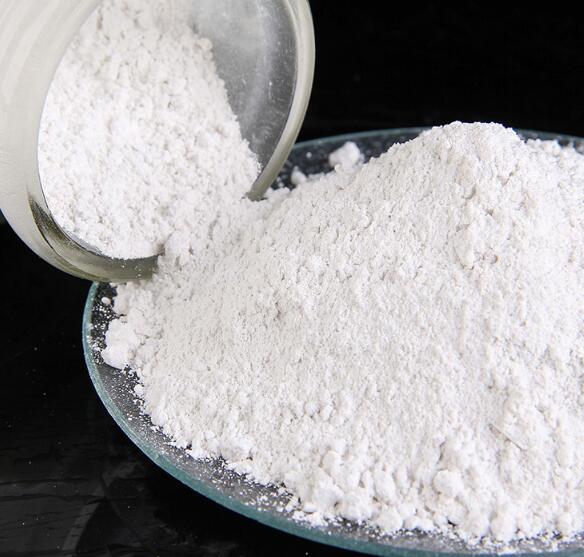Efficient phosphorus removal from wastewater: innovative application of modified wollastonite and brucite materials

Modified wollastonite and brucite, as innovative adsorbents in the field of wastewater treatment, have shown their excellent ability in removing phosphorus from wastewater. These materials were surface treated with modifiers such as Zr OC12·8H2O and CeCl3, and modified products such as Zr-W, Zr-B, Ce-W and Ce-B were successfully prepared. These modified products not only significantly improve the adsorption capacity of phosphorus, but also improve the physical and chemical properties of the material by increasing the specific surface area and changing the surface functional groups, further optimizing the adsorption efficiency of phosphorus.
Research results show that under optimal adsorption conditions, these modified materials can significantly improve the removal efficiency of phosphorus, which has a significant impact on alleviating the eutrophication problem of water bodies and improving the efficiency of sewage treatment. At the same time, these materials also show good stability and can work stably under different pH values and water quality conditions, indicating their broad application potential.
In addition, the researchers have also explored other types of modified mineral materials, such as fly ash modified by acid treatment or ferrous sulfate, which can also effectively remove phosphorus from wastewater and have the advantages of simple operation and high cost-effectiveness, meeting the dual standards of environmental protection and economy.
Overall, the progress in the research of modified wollastonite and brucite in wastewater phosphorus removal not only expands the range of environmental management materials, but also provides a solid scientific basis and technical support for promoting the advancement of environmental technology and achieving sustainable management of water resources. In the future, the research may continue to explore new modification methods, optimize the preparation process of materials, and evaluate the long-term stability and economic feasibility of these materials in actual wastewater treatment.








